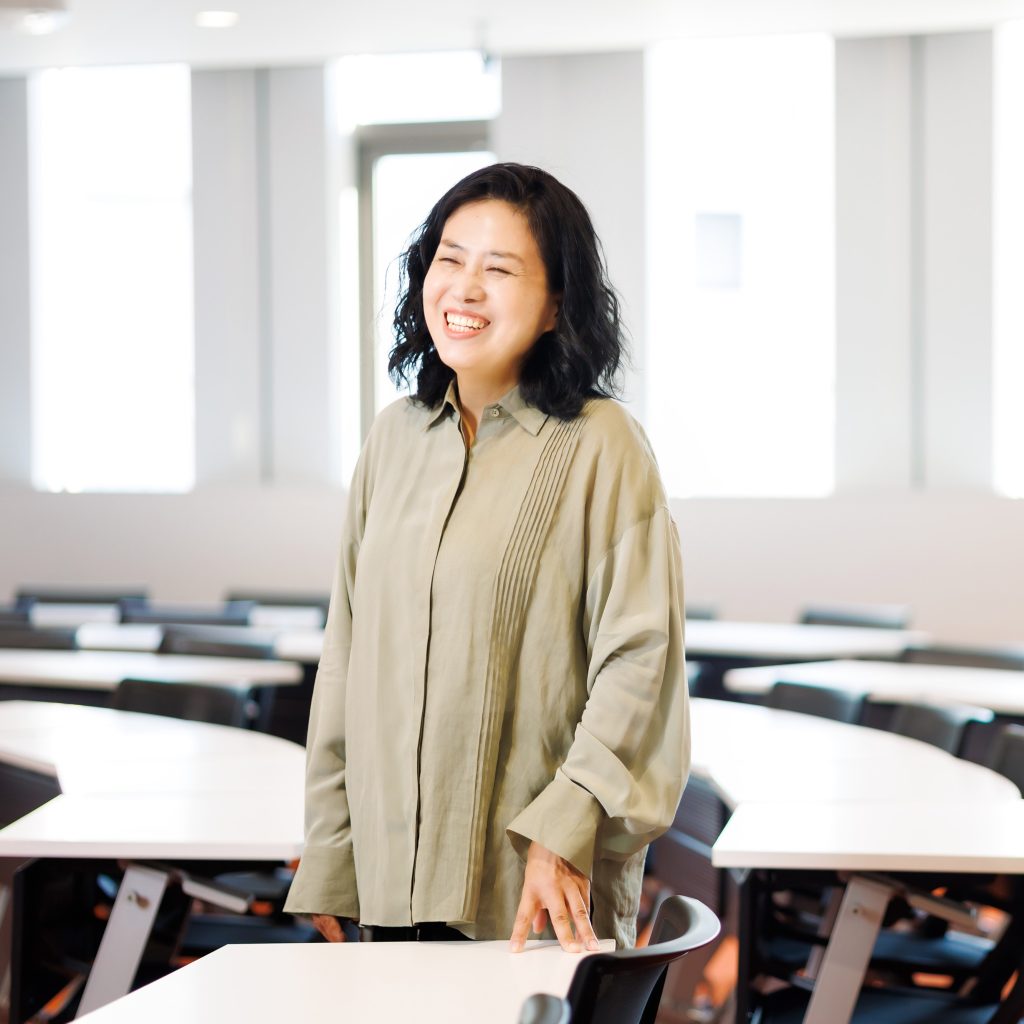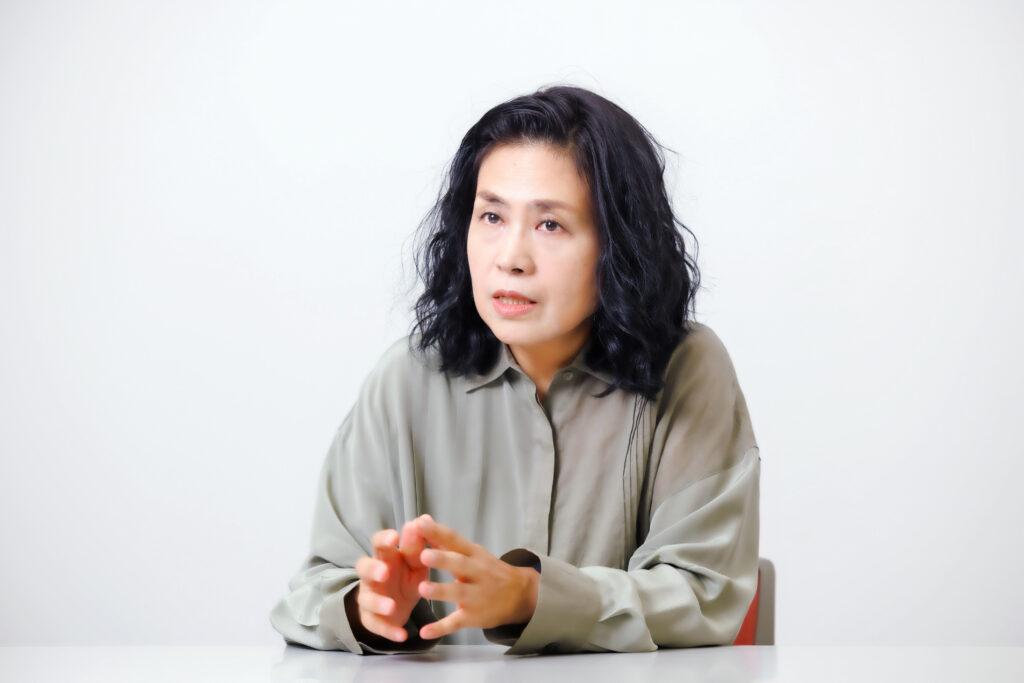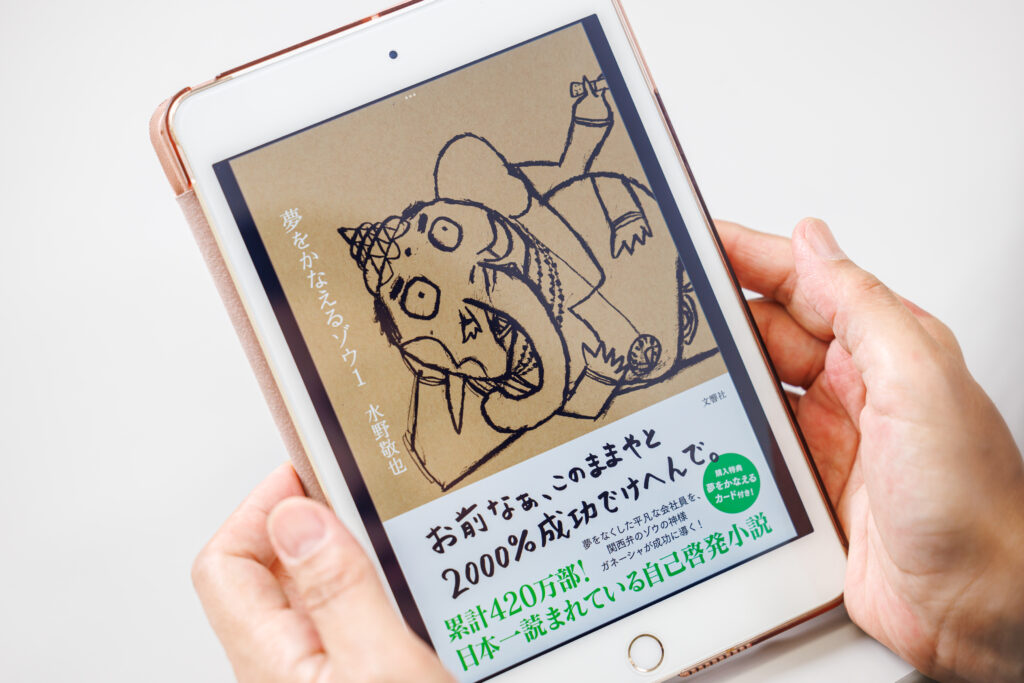
Mikiko Sugiura, Professor at the Center for Global Education and Discovery holding appointments cross Graduate School of Global Studies, sees herself as an exception, undertaking research on river water use with a social science background, while being surrounded by engineers all time. Drawing on the wisdom of pioneers in agricultural civil engineering, she considers mechanisms for sustainable use and management of water resources.
Water is the source of all life and a critical natural capital that supports the earth’s ecosystem. Besides having a close relationship with people’s lives and local communities, it also affects the global climate. Therefore, there are endless possibilities for research, spanning from the global to the local level.
One subject of my water research is water rights. The flow rate of river water changes with each second, day, and season. As water flows down due to gravity, people upstream have an overwhelming advantage when it comes to using river water. However, we cannot ignore the rights of those downstream who started using the water first. In Japan, the mechanism for the fair use of such river water was developed over time through irrigation water. My research approach is to consider this from an institutional perspective.
One such example is environmental water rights. I firmly feel that we have reached an era of thinking about the use and management of water resources from the perspective of “humans within nature” rather than thinking about flood control and water use from a human-centric perspective.
Water is used but not “consumed”

Growing rice in watered paddy fields—this unique form of water use in the Asian monsoon region familiar to Japanese people— is under pressure to be reexamined or changed. In an age when water resources are under threat, some say it is no longer acceptable that agriculture in some parts of Asia consumes half of the world’s water. This point is made even within the Asian countries themselves. With people flocking to large cities, the demand for domestic water is rapidly increasing, but supply cannot keep up, and some say that we cannot keep using water for agriculture as such.
However, water is not actually “consumed.” It flows with gravity and is used repeatedly. In the big picture, it can also said to be a water cycle including human involvement. In the case of Japan, water obtained upstream is used five to six times until it reaches downstream. However, this “sense of water” is something developed regionally with shared climate and geographical conditions, and therefore is unlikely to apply globally.
One of the reasons that water use in agriculture is being pressured to transform is the trend of neoliberalism in the global economy. Water, originally a local resource, has become detached from the community, and this concept is gradually becoming the norm in certain areas. I feel that the sense of crisis over this situation has become widely shared today.
Pursuing the change in thinking about nature while focusing on river water
In this way, many factors in the background seek transformation in agricultural water use. They include differences in the “sense of water” in the hydraulic cycle, conflicting water demand even in the Asian countries themselves, and the globalization of local resources. In addition, the differences and changes in their respective views of nature may also be pointed out.
The recent global trend to pursue a sustainable relationship with nature has become prominent in water use and flood control. For example, in Japan, following the revision of Japan’s River Law in 1997 that shifted significantly toward environmental conservation, the concept of Ryūikichisui (translated to “River Basin Disaster Resilience and Sustainability by All”) was shared at the national level in 2020. In the view of coexisting with nature that accepts a certain amount of overflow, we can see a glimpse of Japan’s traditional wisdom such as open levees.
There are still many fields that lack research when thinking about the sustainable relationship between water and people. I hope to further broaden my perspectives in the future.
The book I recommend
“Yume wo Kanaeru Zou 1 Kindle Edition”(The Elephant that Fulfills Your Dreams 1)
by Keiya Mizuno, Bunkyosha

Do you feel a gap between the ideal image of yourself and your current self, but are bewildered about where to start even though you want to change? For young people who feel this way, this is a book that I recommend reading at an early stage. There will definitely be moments of epiphany as you laugh and cry while reading this book.
-
Mikiko Sugiura
- Professor
Graduate School of Global Studies
Center for Global Education and Discovery
- Professor
-
Graduated from the Faculty of Law, The University of Tokyo. After staying in the United Kingdom and Africa, entered and graduated from Sophia University’s Faculty of Comparative Culture. Received her Ph.D. in International Cooperation at the Graduate School of Frontier Sciences, The University of Tokyo. Joined Sophia University in 2014.
- Graduate School of Global Studies
Interviewed: August 2022